Future Of Gaming Hangs In The Balance: FTC Appeals Microsoft-Activision Ruling
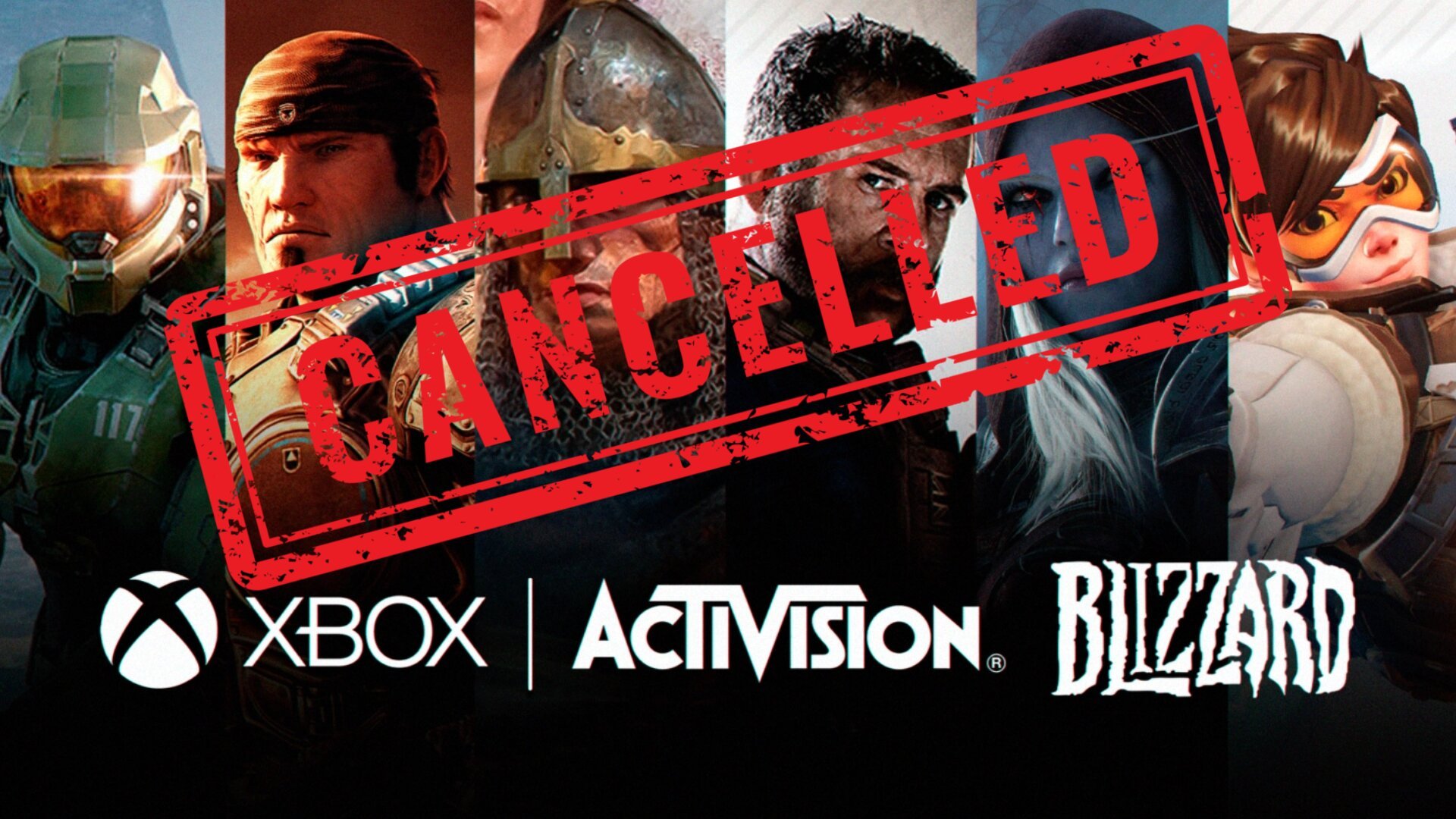
Table of Contents
The FTC's Concerns and Arguments Against the Merger
The Federal Trade Commission (FTC) has voiced significant concerns about the proposed Microsoft-Activision Blizzard merger, arguing that it would stifle competition and create an unfair monopoly. Their key arguments revolve around potential anti-competitive practices that could harm consumers.
-
Reduced competition in the console gaming market: The FTC argues that the merger would give Microsoft undue control over the console market, potentially harming competition from Sony and other players. This consolidation of power could lead to less innovation and higher prices for consumers. The antitrust implications are central to their argument.
-
Potential for Microsoft to limit access to Activision Blizzard games on rival platforms: A major concern is that Microsoft could make Activision Blizzard's popular franchises, like Call of Duty, exclusive to Xbox consoles or its Game Pass subscription service. This would limit consumer choice and harm competition on platforms like PlayStation and Nintendo Switch.
-
Concerns about pricing and subscription services: The FTC worries that Microsoft could leverage its control over Activision Blizzard's games to increase prices or alter subscription models, making gaming less affordable for many. This impacts not only consumers but also the competitiveness of the broader gaming market.
-
Impact on game developers and publishers: The merger could potentially harm smaller game developers and publishers by reducing the opportunities for fair competition and limiting access to key distribution channels controlled by Microsoft. This could stifle innovation and creativity within the industry.
Microsoft's Defense and Counterarguments
Microsoft has vigorously defended the merger, asserting that it would actually increase competition and benefit consumers. They present several counterarguments to the FTC's claims.
-
Claims of increased competition through wider game availability: Microsoft argues that bringing Activision Blizzard games to Game Pass will make them accessible to a wider audience, boosting competition and broadening consumer choice.
-
Plans to bring Activision Blizzard games to new platforms: Microsoft has pledged to continue releasing Activision Blizzard titles on PlayStation and other platforms, countering the FTC's concerns about platform exclusivity. This commitment aims to demonstrate their commitment to fair competition.
-
Arguments against the FTC's assessment of market power: Microsoft contests the FTC's assessment of its market share and power, arguing that the gaming market is dynamic and competitive, with multiple significant players.
-
Highlighting benefits for gamers (e.g., Game Pass integration): Microsoft emphasizes the benefits for gamers, such as access to a wider library of games through Game Pass at a potentially lower cost than purchasing individual titles. This strategy emphasizes consumer benefits as a justification for the merger.
Potential Outcomes and Implications for the Gaming Industry
The FTC's appeal could result in several different outcomes, each with significant implications for the gaming industry:
-
Scenario 1: FTC wins, merger blocked: This outcome would be a major setback for Microsoft and Activision Blizzard. It would likely lead to a reassessment of future large-scale mergers in the tech industry and potentially impact Microsoft's strategic plans. The impact on the gaming industry would be significant, especially regarding the future development and distribution of Activision Blizzard titles.
-
Scenario 2: Microsoft wins, merger proceeds: If the merger is approved, concerns about reduced competition, higher game prices, and increased platform exclusivity could materialize. This could reshape the competitive landscape of the gaming industry, potentially favoring Microsoft and its Game Pass subscription service. Market share distribution would shift dramatically.
-
Scenario 3: Negotiated settlement: A negotiated settlement could involve Microsoft making concessions to address the FTC's concerns, such as commitments to maintain game availability on competing platforms or adjustments to its pricing and subscription strategies. This would be a compromise impacting both parties and the industry.
Each outcome will profoundly influence game prices, game availability on different platforms, the development of new games, and competition among gaming companies. The merger outcome will have long-lasting effects.
The Broader Context: Regulatory Scrutiny of Mega-Mergers in Tech
The Microsoft-Activision case is not an isolated incident. It reflects a broader trend of increased regulatory scrutiny of large mergers in the tech industry. Antitrust regulation is becoming increasingly important as tech giants consolidate power.
-
Examples of other major tech mergers facing regulatory challenges: Several other major tech mergers have faced or are currently facing regulatory challenges, highlighting the increasing focus on preventing anti-competitive practices in the digital economy.
-
The evolving landscape of antitrust law and its application to the digital economy: Antitrust law is constantly evolving to adapt to the complexities of the digital economy, and this case will significantly influence its future application. This is a pivotal moment in regulating the tech industry.
-
The role of government regulators in protecting competition: Government regulators play a critical role in ensuring fair competition and preventing monopolies in the tech industry. This case highlights the importance of this role in preserving the dynamic and innovative nature of the digital marketplace.
Conclusion: The Future of Gaming Remains Uncertain – Stay Informed About the Microsoft-Activision Ruling
The FTC's appeal against the Microsoft-Activision merger presents a crucial crossroads for the future of gaming. The arguments presented by both sides highlight the complexities of balancing innovation with preserving fair competition in the dynamic gaming market. The potential consequences of this case are far-reaching, affecting not only the companies involved but also the overall gaming experience for millions of players worldwide. The future of gaming hangs in the balance. Stay informed about the FTC’s appeal against the Microsoft-Activision merger to understand how this landmark case will shape the industry's landscape. Keep checking back for updates and analysis on this crucial development for gamers worldwide. The future of gaming, and the impact of the Microsoft-Activision merger, remains uncertain, requiring constant monitoring.

Featured Posts
-
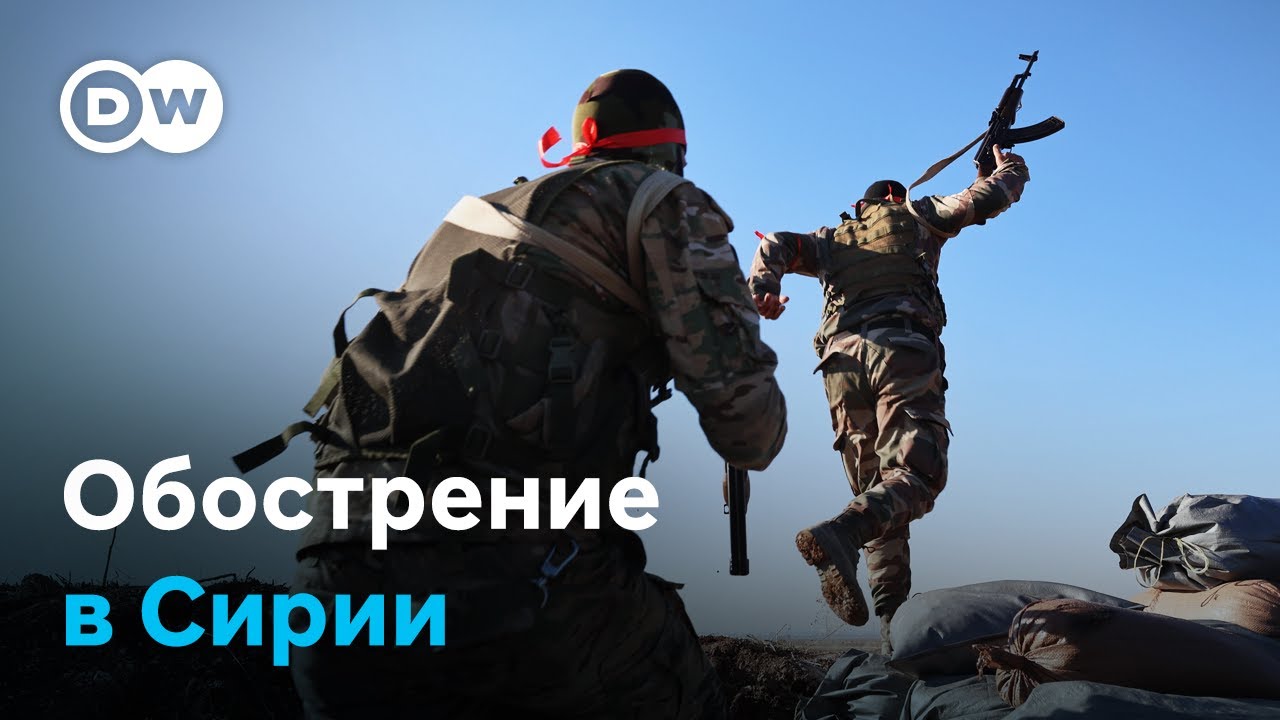 Riski Novogo Naplyva Ukrainskikh Bezhentsev V Germaniyu Vzglyad Iz Berlina
May 10, 2025
Riski Novogo Naplyva Ukrainskikh Bezhentsev V Germaniyu Vzglyad Iz Berlina
May 10, 2025 -
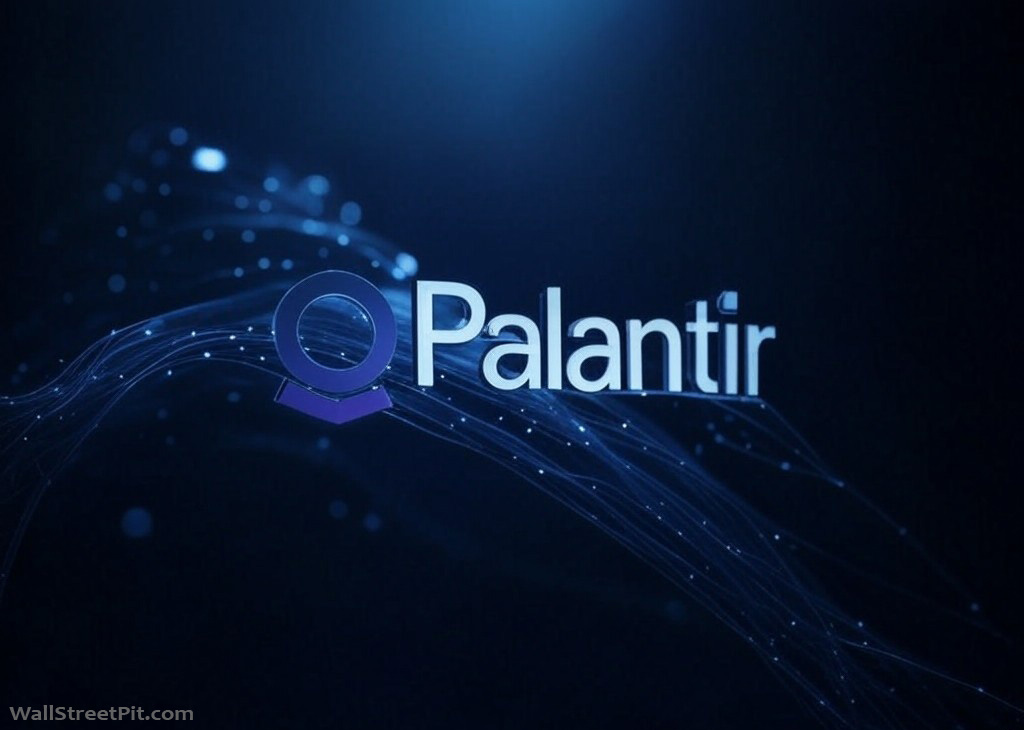 30 Drop In Palantir Stock Time To Invest
May 10, 2025
30 Drop In Palantir Stock Time To Invest
May 10, 2025 -
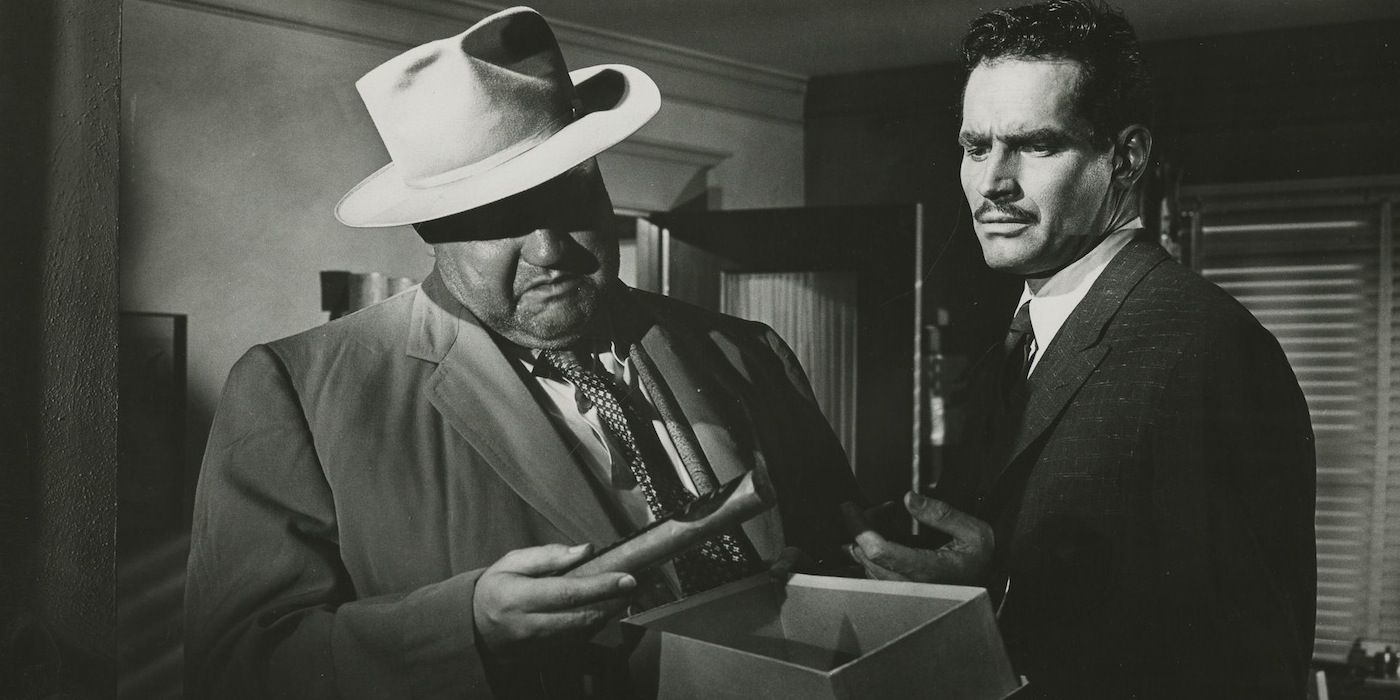 The 10 Best Film Noir Movies A Critics Pick
May 10, 2025
The 10 Best Film Noir Movies A Critics Pick
May 10, 2025 -
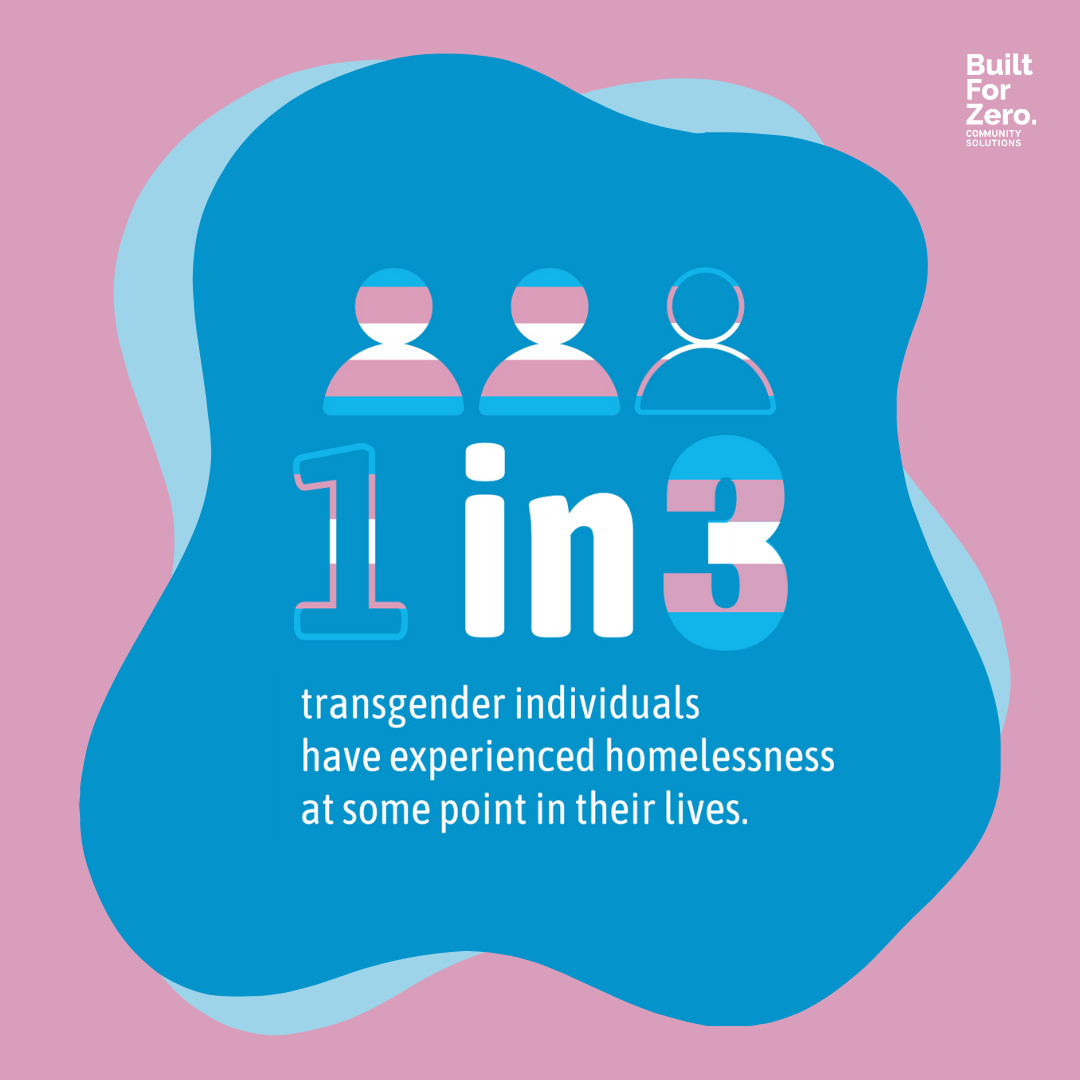 International Transgender Day Of Visibility 3 Ways To Be A Better Ally
May 10, 2025
International Transgender Day Of Visibility 3 Ways To Be A Better Ally
May 10, 2025 -
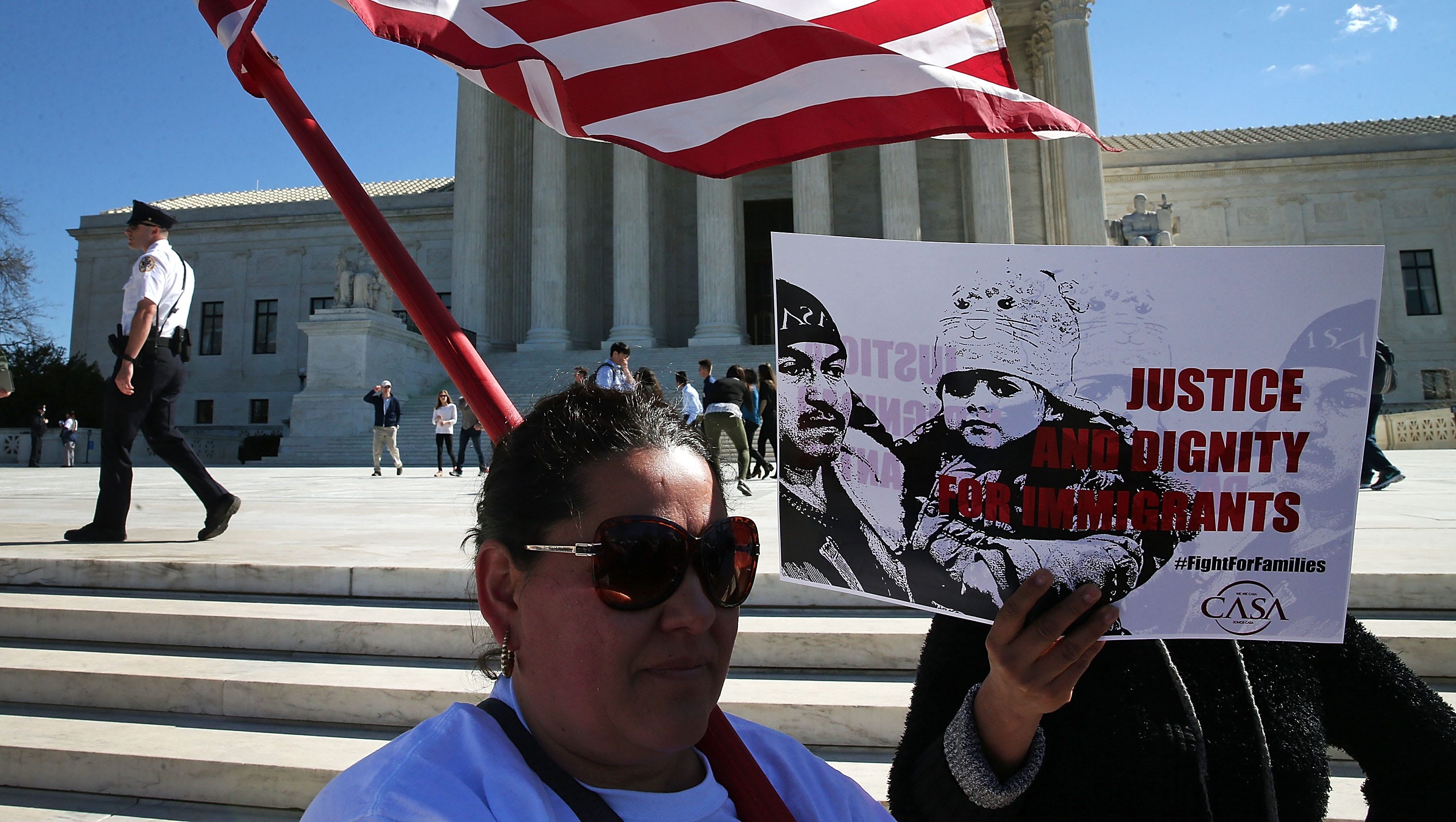 Trump Administration Weighs Curbing Migrant Detention Appeals
May 10, 2025
Trump Administration Weighs Curbing Migrant Detention Appeals
May 10, 2025
